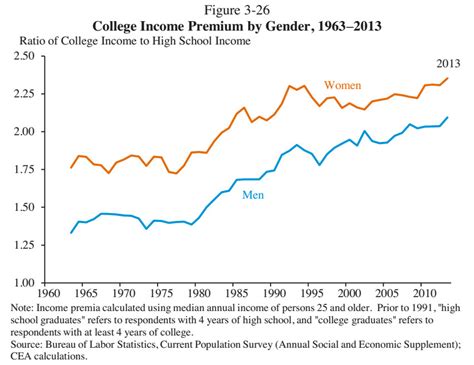Deciding whether to attend a 2-year community or technical college before transferring to a 4-year university is a significant decision that can impact your future educational and career prospects. Here’s a comprehensive guide to help you navigate this decision:

Pros of Attending a 2-Year College
- Lower cost: Community colleges typically charge lower tuition fees than 4-year universities, making it more affordable to complete your general education requirements.
- Flexible scheduling: 2-year colleges offer a wide range of class times and formats, including online and evening classes, making it easier to balance school with work or other commitments.
- Small class sizes: Community college classes often have smaller student-to-teacher ratios, providing more personalized instruction and support.
- Career-focused programs: 2-year colleges offer various associate degree and certificate programs designed to prepare students for specific careers in high-demand fields.
- Transfer opportunities: Many community colleges have articulation agreements with 4-year universities, allowing students to seamlessly transfer their credits and continue their education at a top-tier institution.
Cons of Attending a 2-Year College
- Limited degree options: Community colleges typically offer less variety of bachelor’s degree programs compared to 4-year universities.
- Fewer extracurricular activities: 2-year colleges generally have smaller campuses and fewer extracurricular opportunities than 4-year universities.
- Lower prestige: Some employers may perceive degrees from community colleges as less prestigious than those from traditional universities.
- Additional transfer paperwork: Transferring from a community college to a 4-year university can involve additional paperwork and credits evaluation processes.
- Social stigma: There is a common misconception that community college students are less academically capable, which can lead to societal bias.
Factors to Consider
Before deciding, consider the following factors:
- Your career goals: Research the career paths you’re interested in and determine if a 2-year degree or a 4-year bachelor’s degree is necessary.
- Your financial situation: Evaluate your financial resources and determine which option is more affordable for you.
- Your academic background: Assess your academic strengths, weaknesses, and whether the personalized instruction or supportive services of a community college would benefit you.
- Your long-term goals: Consider whether you plan to transfer to a 4-year university or enter the workforce directly after completing your 2-year program.
Step-by-Step Approach
If you’re considering attending a 2-year college first, follow these steps:
- Research community colleges: Explore different community colleges in your area, compare their programs, tuition fees, and transfer agreements.
- Meet with an advisor: Schedule an appointment with an academic advisor at the community college you’re interested in to discuss your educational goals and transfer plans.
- Complete your prerequisites: Determine which general education courses you need to complete and enroll in them at the community college.
- Maintain good grades: Strive to maintain a high GPA to increase your chances of transferring to your desired 4-year university.
- Apply for transfer: Once you complete your associate degree or certificate, apply for transfer to the 4-year university of your choice.
Common Mistakes to Avoid
To avoid mistakes in your decision-making process:
- Don’t assume all community colleges are the same: Research different colleges to find one that aligns with your needs and goals.
- Don’t overlook the transfer process: Clarify the transfer requirements for your intended 4-year university before enrolling in any courses.
- Don’t underestimate the value of a 2-year degree: Even if you plan to transfer, an associate degree can provide valuable skills and knowledge.
- Don’t let cost be the sole factor: Consider the overall value and benefits of each option before making a decision based solely on tuition fees.
- Don’t be afraid of societal bias: Ignore any negative perceptions or stereotypes about community college students and focus on your own goals.
Effective Strategies
To enhance your success in making this decision:
- Utilize online resources: Explore websites like College Navigator and College Scorecard to gather data on community colleges and 4-year universities.
- Attend college fairs: Visit college fairs in your area to interact with representatives from different institutions and learn about their programs.
- Talk to current students and alumni: Connect with students and alumni who have attended community colleges and ask about their experiences.
- Shadow a class: Observe a class at a community college to get a firsthand experience of the learning environment.
- Seek guidance from a mentor: Find a mentor who can provide support and advice throughout your decision-making process.
Conclusion
Whether or not to attend a 2-year college first is a personal decision that depends on your individual circumstances and goals. By carefully considering the factors discussed in this guide, following the step-by-step approach, and avoiding common mistakes, you can make an informed decision that aligns with your aspirations and sets you on the path to success.
